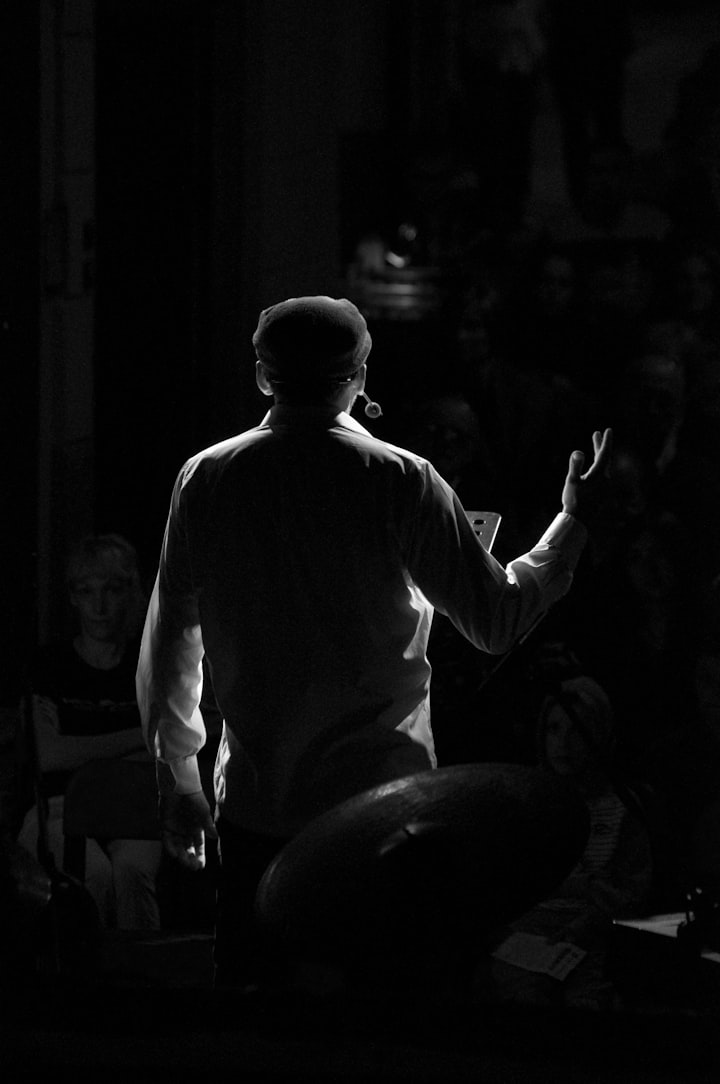
Since the dawn of civilization, theater has been a fundamental component of human culture. In the fifth century BCE, plays were first presented in ancient Greece. Since then, theater has developed to include a wide variety of genres and techniques. Theater has long served as a platform for probing the human condition and upending preconceptions, whether through tragedy, comedy, or realism or surrealism.
Theater's power to take us to other worlds and evoke empathy for characters who are very different from ourselves is one of its most extraordinary qualities. Theater enables us to investigate difficult subjects and concepts, from love and grief to politics and power, through the art of narrative. It allows us to connect with one another more deeply by bringing people together in a shared experience.
Every great play has a gifted writer at its core, someone who has created a narrative that piques interest and speaks to the human condition. These authors have had an enduring impression on the theater world by developing enduring characters and narratives. They have pushed the envelope, disregarded rules, and created fresh avenues for writers in the future to take.
In this article, we will examine some of the most illustrious and influential plays in the annals of world theater, as well as the authors who created them. We will look at the themes and ideas that still ring true with audiences today, from Shakespeare's Hamlet to Beckett's Waiting for Godot. We'll also look at the plays' historical and cultural contexts to see how they relate to the ideals and issues of the societies in which they were produced.
The art of theater has been around for a very long time and is still going strong. We will get a deeper understanding of the value of storytelling and the continuing influence of the great writers who have fashioned this art form as we examine the historical works of world theater. This article will provide insights into some of the most iconic performances in the history of theater, whether you are a seasoned theatergoer or a theater novice.
1. WILLIAM SHAKESPEARE's HAMLET
The play Hamlet is arguably the most well-known in English, and for good reason. The early 17th-century play Hamlet by William Shakespeare portrays the tale of a prince who, upon the death of his father, is consumed with grief and retaliation. Shakespeare's Hamlet is still a timeless classic that enthralls audiences thanks to his skillful use of language and character development.
2. SOPHOCLES' OEDİPUS REX
The play Oedipus Rex, which was created in the fifth century BCE by the ancient Greek playwright Sophocles, relates the tale of a man who unintentionally kills his father and weds his mother. The tragedy-style play examines the concepts of fate, free will, and the effects of our choices. Oedipus Rex is a pillar of Western theater thanks to Sophocles' deft use of dramatic irony and his investigation of these fundamental issues.
3. HENRİK IBSEN's A DOLL's HOUSE IS THİRD.
Henrik Ibsen, a Norwegian playwright, created A Doll's House in 1879, which was revolutionary for the time. The play examines how women fit into society and the limitations that come with traditional expectations. The narrative centers on Nora, a woman and mother who discovers that her life is not her own and aspires to escape the limitations imposed on her. When it was initially performed, Ibsen's play caused controversy, but it also opened the door for a new generation of writers to address social themes in their writing.
4. SAMUEL BECKETT's WAITING FOR GODOT
The 1948 play Waiting for Godot by Irish playwright Samuel Beckett defies easy classification. It depicts the tale of two characters who are patiently awaiting Godot but never see him. The play is a classic of absurdist theater that uses existential themes and dark humor to explore the human condition. Waiting for Godot has become a timeless masterpiece of contemporary theater thanks to Beckett's distinctive style and investigation of the meaning of existence.
5. ARTHUR MİLLER's DEATH OF A SALESMAN
The 1949 play Death of a Salesman by American writer Arthur Miller explores the American Dream and its effects. Willy Loman, a salesman who is battling to keep up with the expectations of contemporary society, is the main character of the novel. The use of flashbacks and Miller's investigation of how the past affects the present have elevated Death of a Salesman to the status of an enduring masterpiece of American drama.
Theater has the capacity to take us to other worlds, to question our assumptions, and to motivate us to become better people. The authors of the plays we have looked at in this essay have produced pieces that have endured and still speak to audiences today. These plays have had a lasting influence on the theatrical industry as well as how we see ourselves and the world around us, whether it is through the examination of societal issues in A Doll's House or the exploration of existential themes in Waiting for Godot.
About the Creator
Furkan Ö.
I am a young writer who can write on any topic. I may not be able to change the world with my words, but I can stir thoughts with my writing. I will continue to write for my followers, fans, and future readers.






Comments
There are no comments for this story
Be the first to respond and start the conversation.